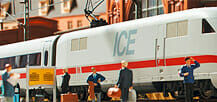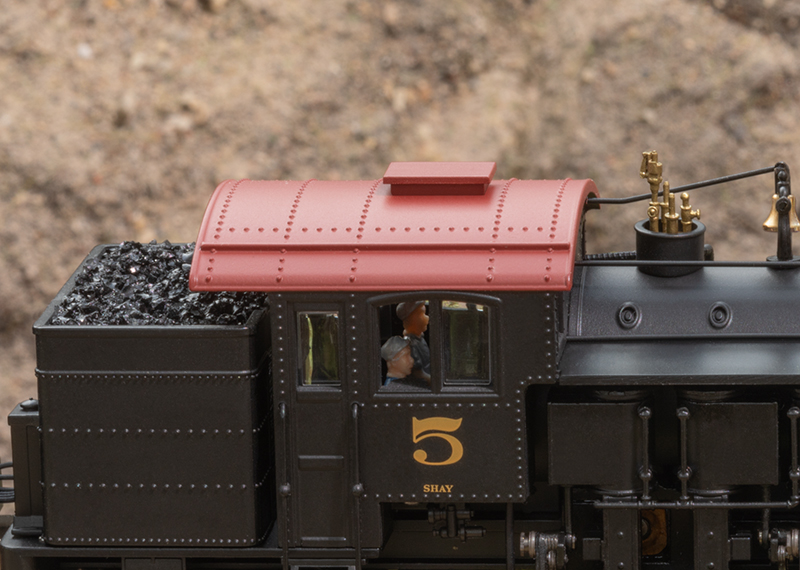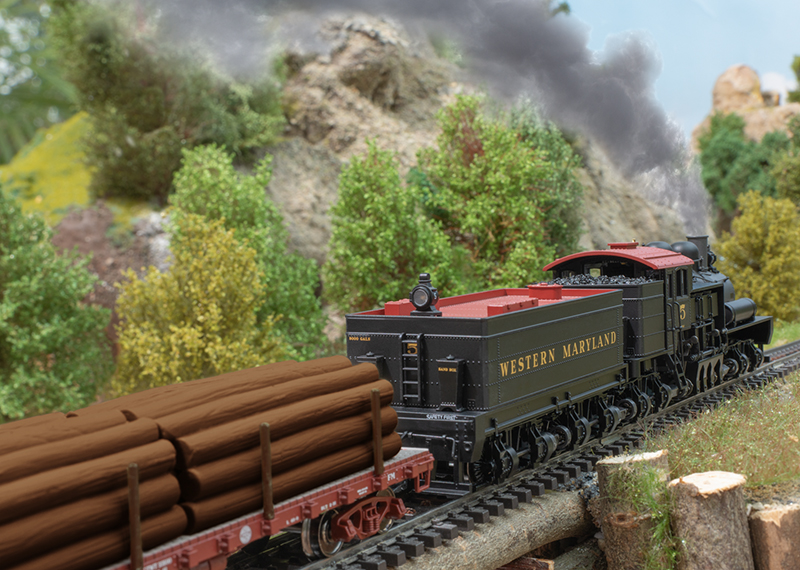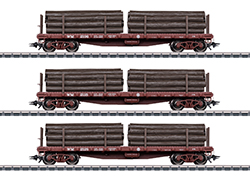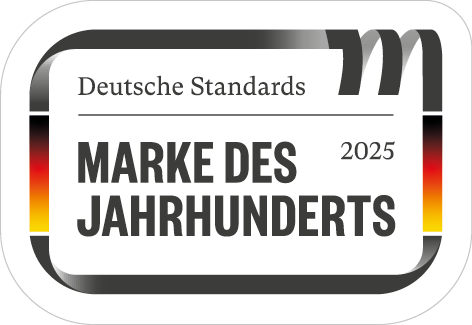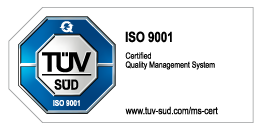US Shay Design Gear Drive Steam Locomotive
Prototype: US Shay design Class D gear drive steam locomotive. Version with 4 powered trucks. Drive using crankshafts to articulated shafts and using beveled gears on the trucks. Characteristic boiler offset to the left included. Used mostly on American field and logging railroads on routes with sharp curves and steep grades. Western Maryland Locomotive Number 5. The locomotive looks as it did in the Forties.
Most Important Facts
| Article No. | 38700 |
|---|---|
| Gauge / Design type | H0 / 1:87 |
| Era | II |
| Kind | Steam Locomotives |
Check with your local dealer Find Dealer
Highlights
- Completely new tooling.
- Very detailed construction, mostly of metal.
- Visually impressive running gear technology using articulated shafts and beveled gears.
- Boiler characteristically offset to the left.
- World of Operation mfx+ digital decoder with extensive operating and sound functions.
- Buffer capacitor included to bridge over short areas without current.
- Factory-installed smoke unit.
- Locomotive engineer and fireman in the cab.
- New tooling for US flat cars for log transport to go with this locomotive available under item number 45600.
-
Product description
Model: The locomotive has an mfx+ digital decoder and extensive sound functions. It also has controlled high-efficiency propulsion with a flywheel in the boiler. All axles in the four trucks on the locomotive and tender are powered using articulated shafts and beveled gears. Traction tires. There is a factory-installed smoke unit. There is one headlight on the locomotive and tender and they change over with the direction of travel. The headlight changeover and the smoke unit work in conventional operation and can be controlled digitally. The cab lighting can also be controlled digitally. Maintenance-free, warm white LEDs are used for the lighting. The locomotive has a buffer capacitor. Point-mounted NEM standard coupler pockets are on the rear of the tender and the front of the locomotive. Minimum radius for operation 360 mm / 14-3/16". There is a locomotive engineer and a fireman in the cab. Length 25.2 cm / 9-7/8".
A US flat car set to go with this locomotive is offering under item number 45600 in the Märklin H0 assortment. Another US flat car set with additional car numbers is offered in the Trix H0 assortment under item number 24922 along with information about the necessary exchange wheelsets.
This model can be found in a DC version in the Trix H0 assortment under item number 25700.
Find more Märklin explanation videos on our YouTube Channel
Spare parts for our articles can be found here in our spare parts search.
-
Publications
- Special Imprint and Special Products - Sonderprospekt Shay
-
Prototype information
The Industrial Age also marked the beginning in the USA of systematic development of natural resources which provided the material for rapid progress. Coal became the most important source of energy and wood was needed in large quantities for the construction boom across the country. However, there were many extensive forest areas and also large coal deposits often in remote regions that were difficult to access. The sawmill owner Ephraim Shay developed a gear-driven steam locomotive around 1873 in order to open these areas up better. Its design allowed it to pull heavy loads on difficult, curving routes. At high speeds it could not manage the job. Starting in 1880 the large locomotive builder LIMA Locomotive Works took over its construction and continuously refined it. The basic principle remained the same: A vertically installed steam engine mounted on the right side drove all the axles using a gear drive and thereby provided optimal pulling power, whereby the boiler had to be mounted offset to balance the weight distribution. The maximum speed was limited to about 25 km/h / 15 mph due to the small gear reduction. The Shays turned out very well and became a mystique among steam locomotives not only due to their unusual technology but also because of their massive appearance. In the end, a respectable 2,770 Shay locomotives were built by 1945. Most ran on forest logging railroads, although a number of units were also delivered to important railroad companies. The Western Maryland Railway (WM), developing the numerous coal reserves in the eastern part of the USA, bought large Shays for branch lines to coal mines. There grades of up to 10% and curves of under 100 meters / 325 feet had to be mastered. By 1945 the WM used the massive, 136 ton four-truck Shay Number 5 in the Appalachians. It was replaced by the most powerful Shay ever built, Number 6, which still currently steams through the mountains of West Virginia in tourist service. The new Märklin Shay is entering the fascinating world of model railroading with this quite unusual chapter in locomotive history.
-
Digital Functions
Control Unit Mobile Station Mobile Station 2 Central Station 1/2 Central Station 3/2*
Mobile Station 2**Headlight(s) Smoke generator Steam locomotive op. sounds Locomotive whistle Direct control Sound of squealing brakes off Engineer’s cab lighting Whistle for switching maneuver Sound of coal being shoveled Bell Horn blast 1 Air Pump Letting off Steam Water Pump Injectors Replenishing coal Replenishing water Replenishing sand Rail Joints Sanding Grade crossing Generator Sounds Safety Valve "Switcher Double ""A"" Light" * New features of the Central Station 2 (Part No. 60213, 60214 or 60215) with the software update 4.2
** New features of the Mobile Station 2 (Part No. 60657/66955) with the Software Update 3.55
Compatible Products
Warning
ATTENTION: not for children under 15 years




